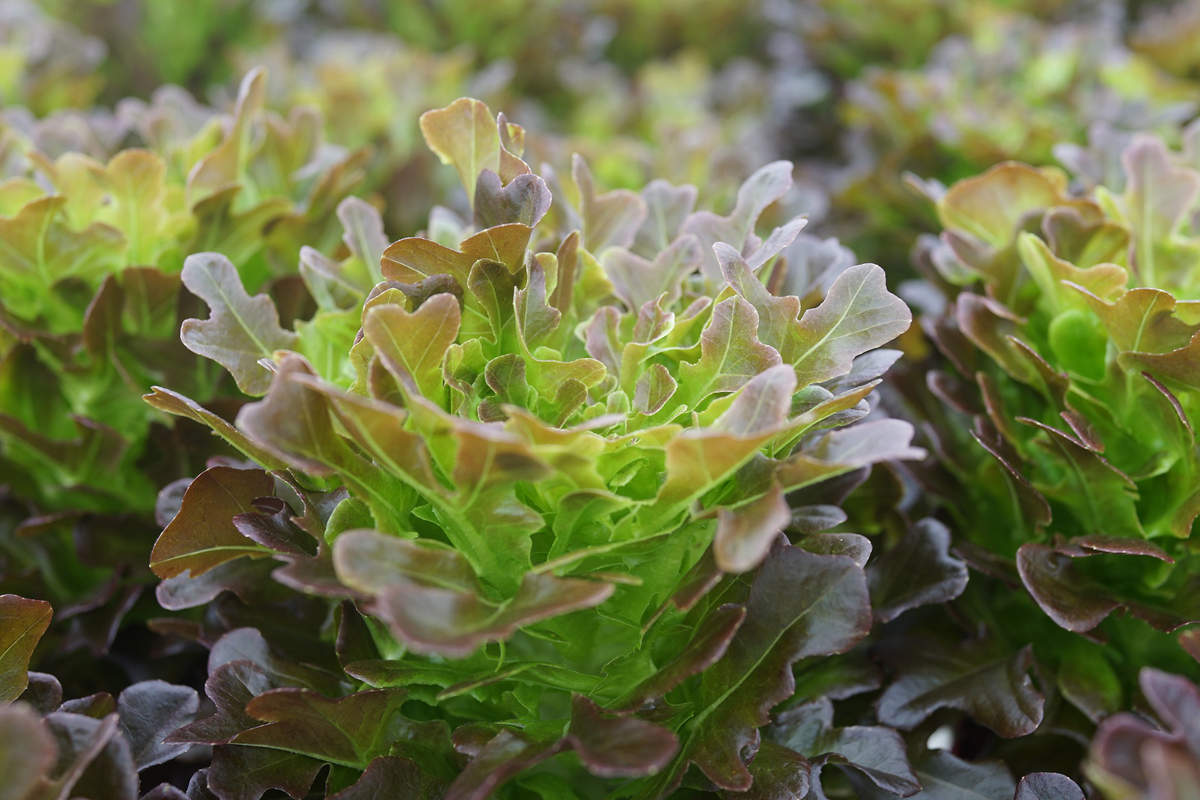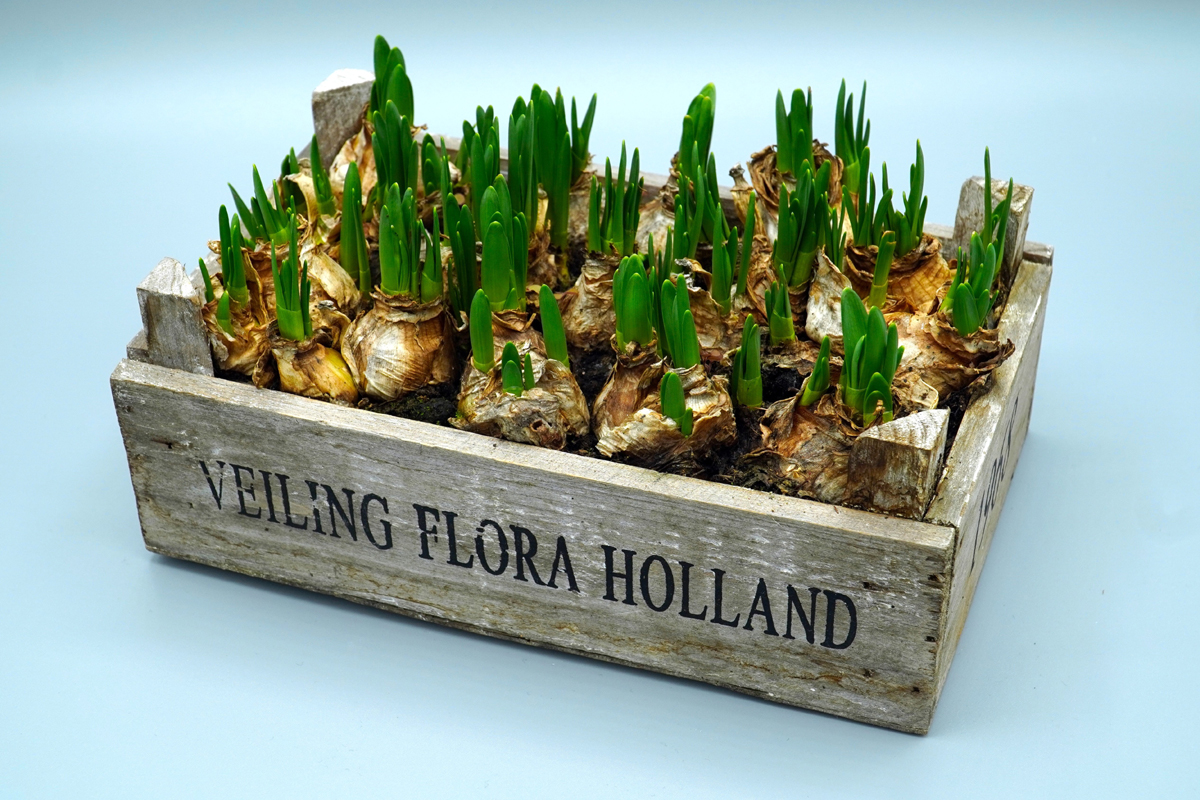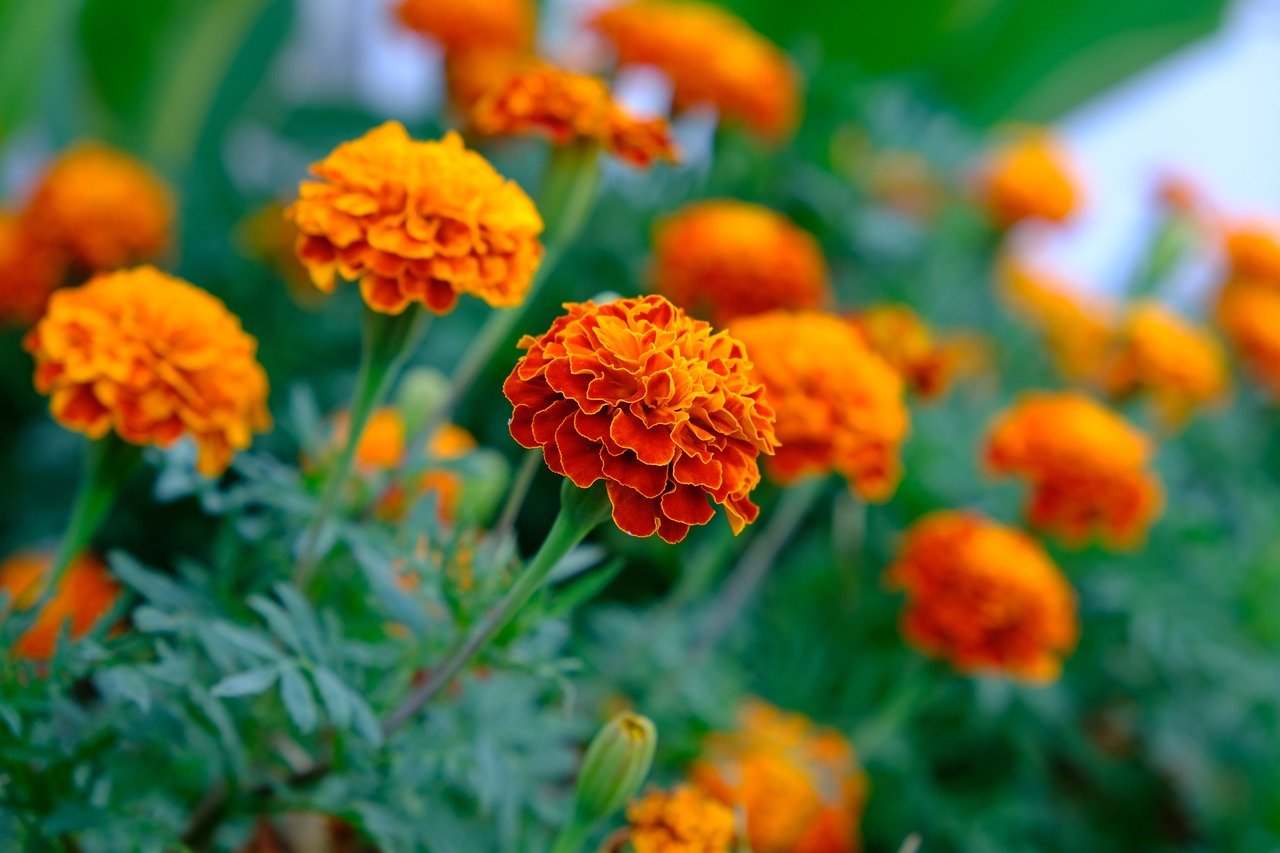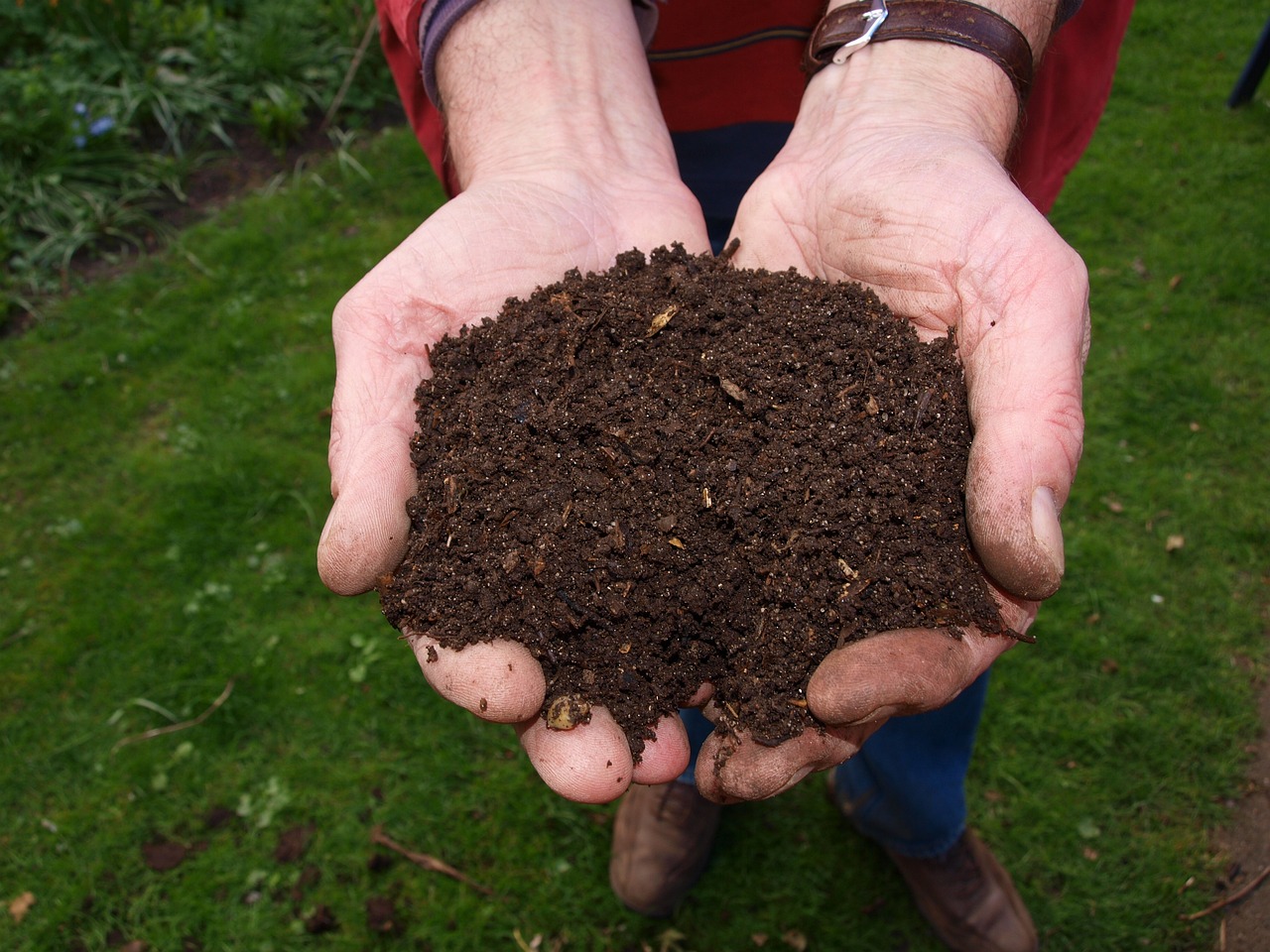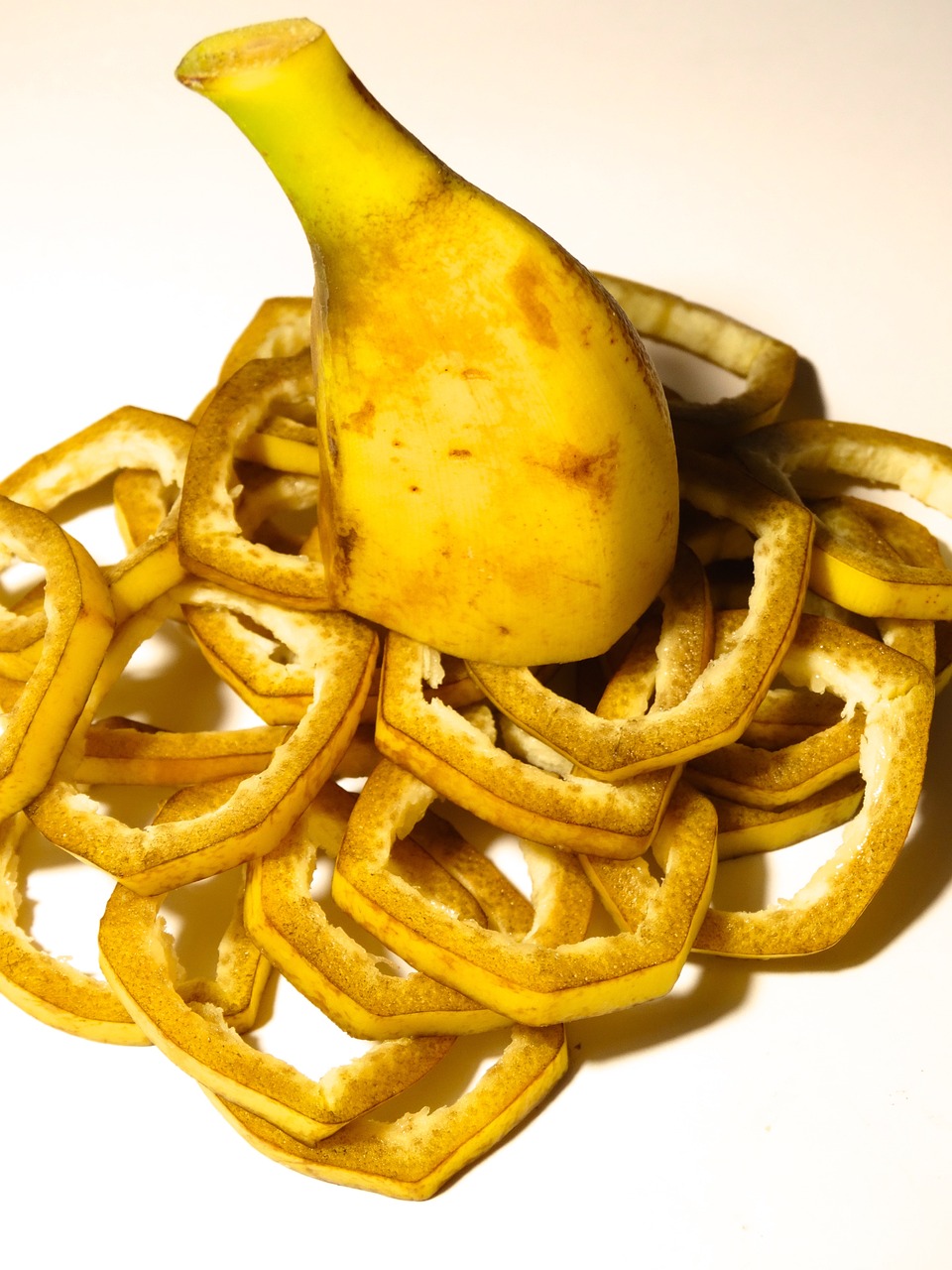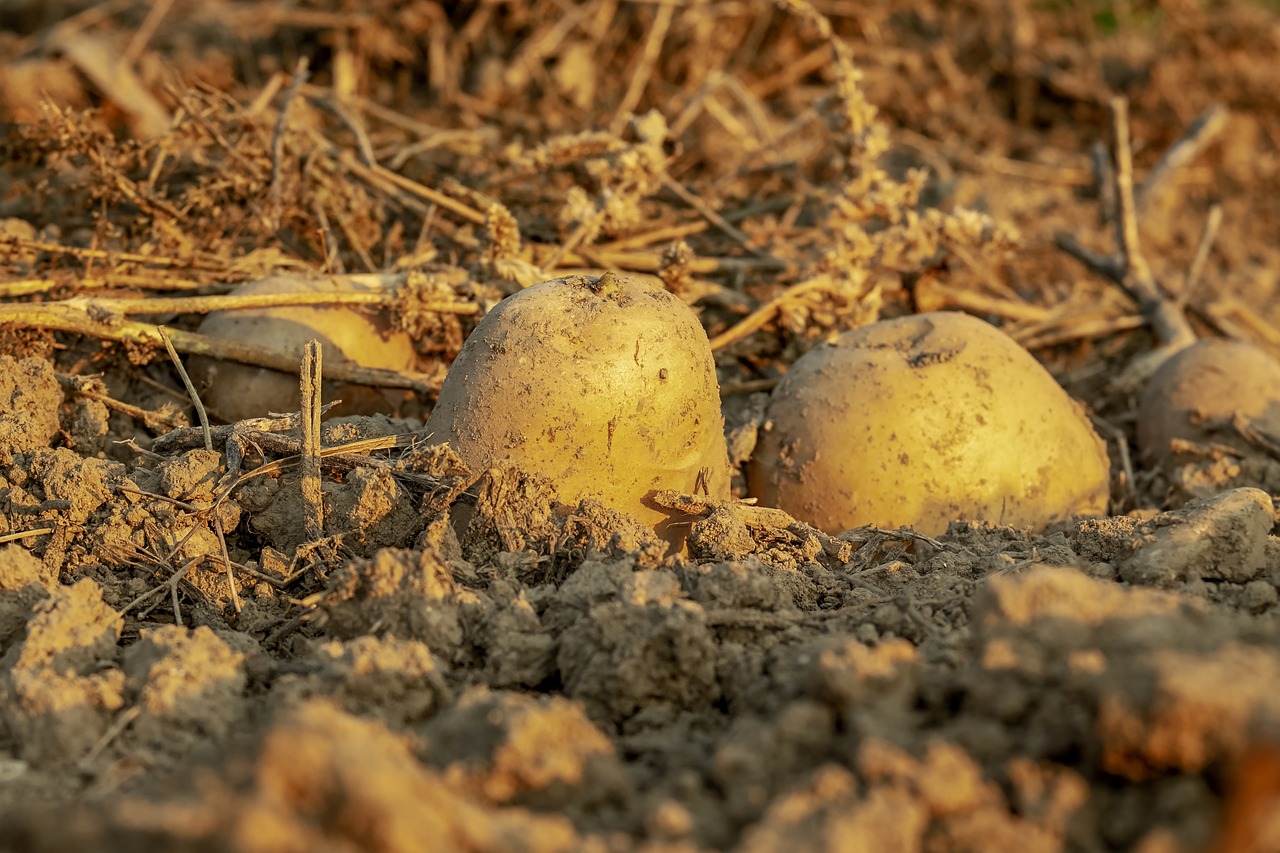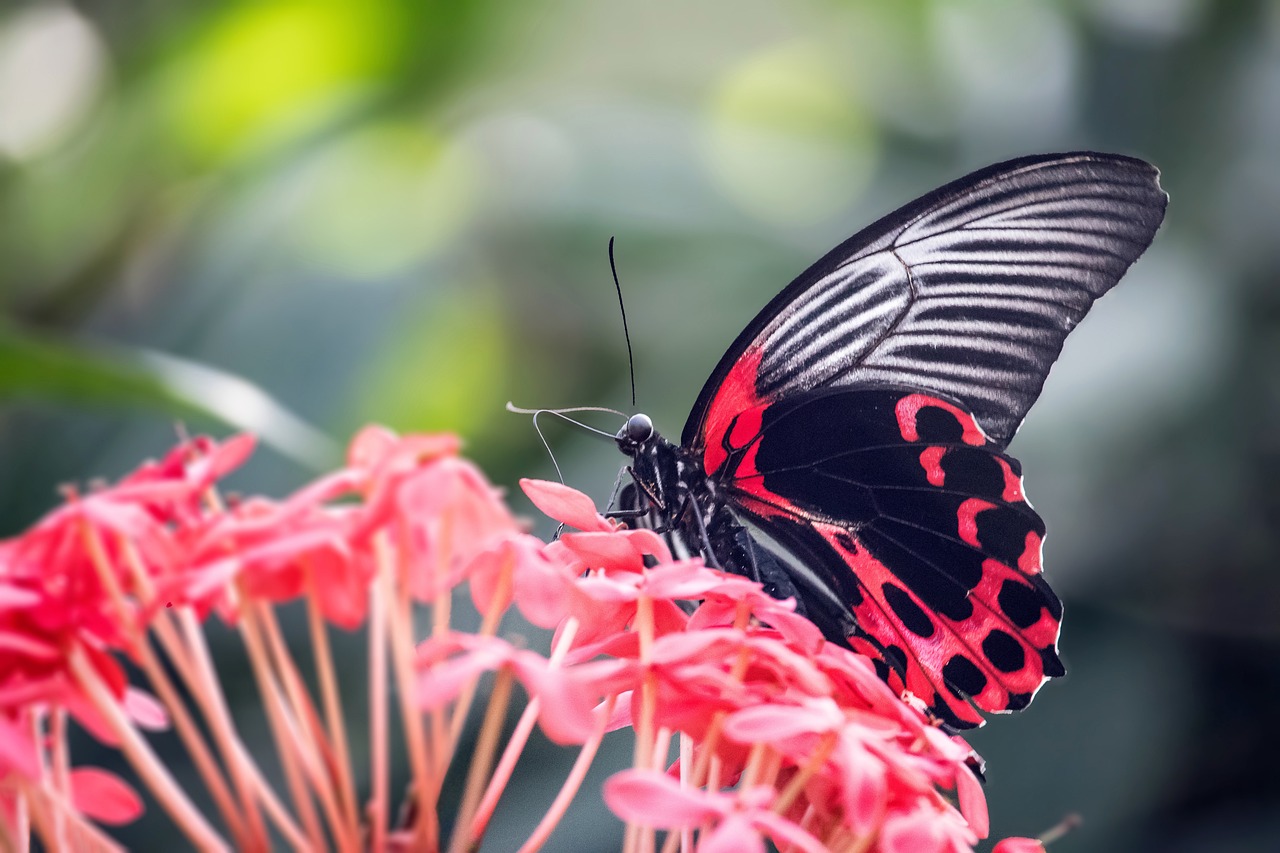Using Herbs as Companion Plants
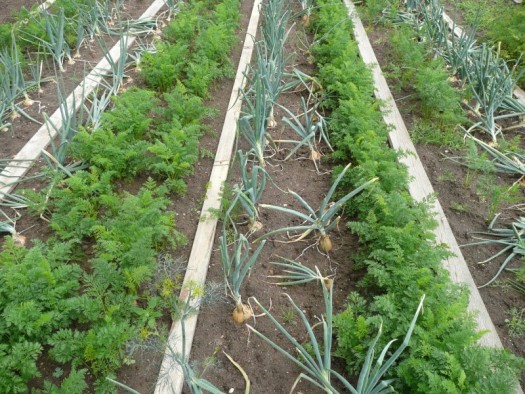
Companion planting is widely practiced in organic gardening. It is an effective and natural way to protect your garden from insect pests and promote healthy growth among all your plants. Some herbs in particular have a good effect on the growth, taste and health of other crops. Here is a guide to which plants some of the most common herbs are thought to be good companions for.
Planting coriander next to potatoes is good practice as the herb repels potato beetle, as well as other harmful insect pests such as aphids and spider mites. Basil should be grown alongside beans, cabbage and tomato. It is said to enhance the flavor of tomato (indeed this is why it is also used with tomato so often in cooking). It can also aid the growth of petunias.
Chamomile is said to be a good companion to cucumber, mint and onion. It attracts hoverflies and wasps, which help in pollination and prey on aphids and other pest insects. Chamomile also enhances the essential oils of neighboring herb plants. Planting borage next to tomatoes increases their flavor as well as deterring tomato horn worm. It also enhances the flavor of strawberries and is said to help increase the amount of fruit harvested.
Chives should be planted with carrot, parsley, tomato and roses. It repels aphids from tomatoes and helps prevent rose black spot. Dill makes a good companion for cabbage, lettuce and onion. It keeps away aphids and spider mites and attracts hoverflies, wasps and honey bees. It should not be planted near tomatoes as it actually attracts tomato horn worms. Make sure you plant garlic near to carrot and tomato as it deters snails and carrot root fly. It is also beneficial when planted near to peas, lettuce and celery.
Lemon balm improves the growth and flavor of tomatoes. When spearmint or peppermint is grown alongside cabbage it repels cabbage maggots. Mint is also said to be an effective deterrent against mice. Rosemary benefits the growth of beans, cabbage and carrot as it deters cabbage moths, bean beetles and carrot flies. Sage is another herb that also benefits beans, cabbage, carrot and broccoli as it repels cabbage moths, carrot fly and bean parasites. Thyme, when planted near cabbage, helps deter cabbageworms and whitefly. Thyme attracts bees to tomatoes and potatoes which means they are pollinated and you get more in your harvest. Tarragon is known widely to repel all sorts of insect pests and also enhances the flavor of a lot of vegetables, particularly aubergine.
If companion planting herbs appeals to you but you don’t want to plant them in the same bed as other plants and crops, then why not plant in garden planters and position each herb next or near to the plant they most benefit.
The Author:
Jo Poultney is one of two people behind Garden Planters. I have an RHS general certificate in horticulture.

